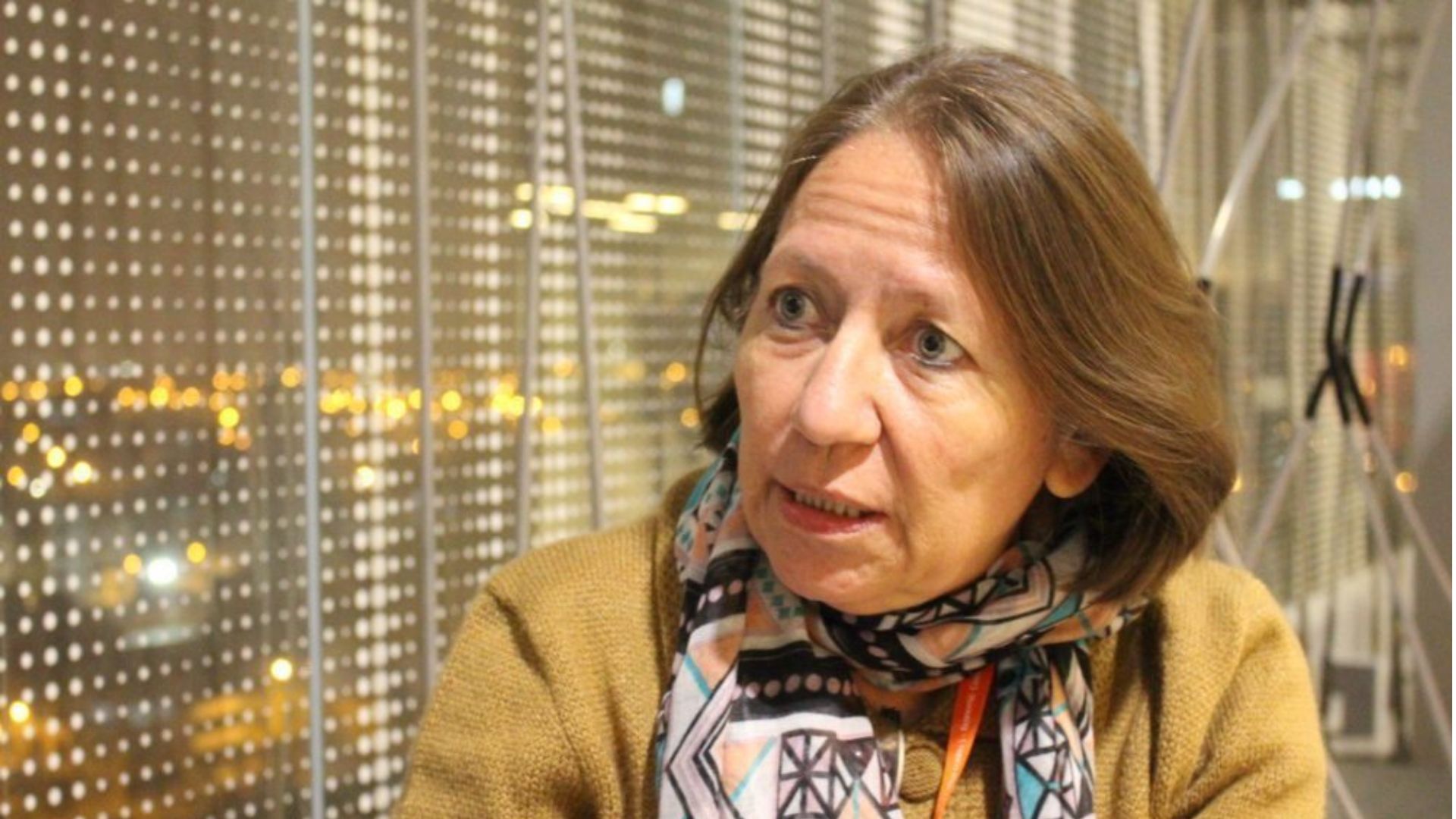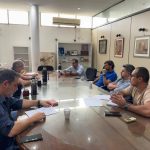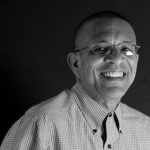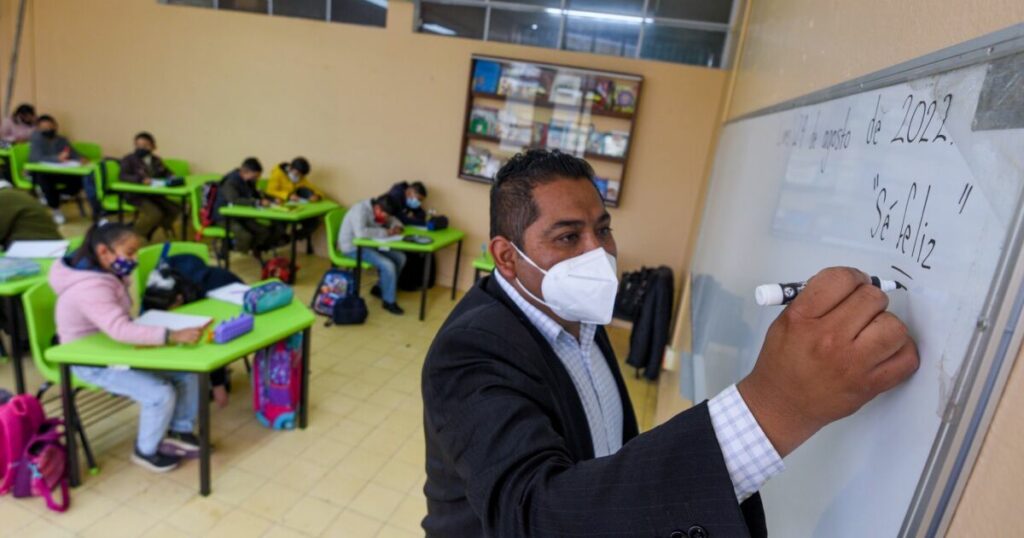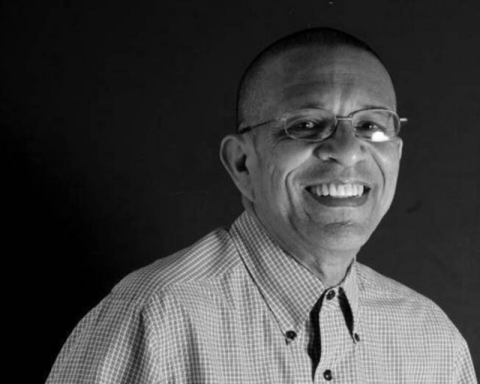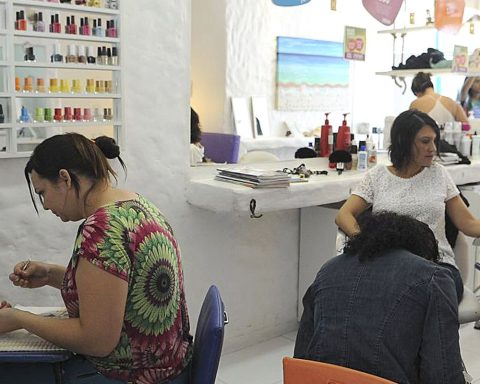The regime of Daniel Ortega and Rosario Murillo prevented sociologist María Teresa Blandón, president of the illegal feminist organization La Corriente, from entering the country, the activist confirmed to Article 66.
Blandón left Nicaragua on June 24 —according to what he explains— for a work meeting and tried to return on July 1, however Avianca Airlines informed him that the Nicaraguan government had notified him that he could not enter the country.
Related news: Ortega annuls NGOs outside his control for “obsession” with power, says activist
“I left without any problem, nobody informed me, nobody accused me of anything since I have not committed any crime, so I was not informed that they were going to prevent me from entering my country,” she said.
The activist stated that this is a forced exile, “because if they do not allow you to enter your country legally, they force you to do it clandestinely or force you to stay outside of Nicaragua.”
Regarding the decision of the Nicaraguan dictatorship to deny her entry into the country, the feminist said that it is the same situation that has happened to thousands of Nicaraguans.
«There is an abusive control by the Ortega and Murillo regime of the State institutions. In addition, the authority of who can enter and who cannot leave Nicaragua is arrogated, and this, as we know, is contrary to my constitutional rights, “he said.
He also emphasized that the State cannot force any national to leave or not leave the country, “because they are violating our civil rights and our political rights.”
“Brutal” persecution of all critical voices
Other situations that the director of La Corriente mentioned is that within Nicaragua there is a policy of generalized censorship and “a brutal persecution of all critical voices.”
“Of course, within Nicaragua, the risks to exercise the right to freedom of expression or freedom of association are enormous because (one) can pay for it with jail,” he explained.
Related news: Director of La Corriente: Cancellation of legal personality is a “strategy” to dismantle civil society
However, he said that being outside the country, the possibilities of expressing oneself are greater, “but it has to be done outside of Nicaragua and that is the idea that the regime has, to prevent critical voices from being inside the country.”
“They want to create a fence of silence, censorship, fear, and force critical voices to wander around the world, but it is very clear that thousands of Nicaraguans have managed to rearticulate themselves so that their voices continue to be heard, and that is what happens Exactly with me,” he said.
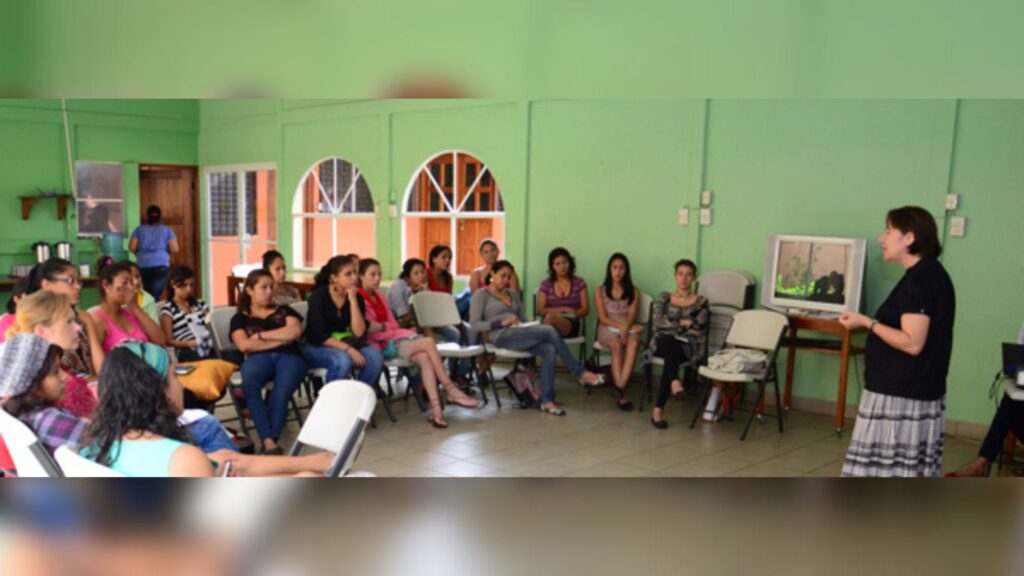
Despite the forced exile she is experiencing, Baldón concluded with aplomb that “of course, my work as a feminist activist and as a defender of women’s human rights remains firm. I continue to work in the same direction that we have been doing for several decades. She also said that “I have not made that decision to apply for political asylum.”
Blandón joins dozens of human rights activists and defenders who, after the closure of the more than 1,800 non-governmental organizations, have been forced into exile or the regime denies them entry into the country.
